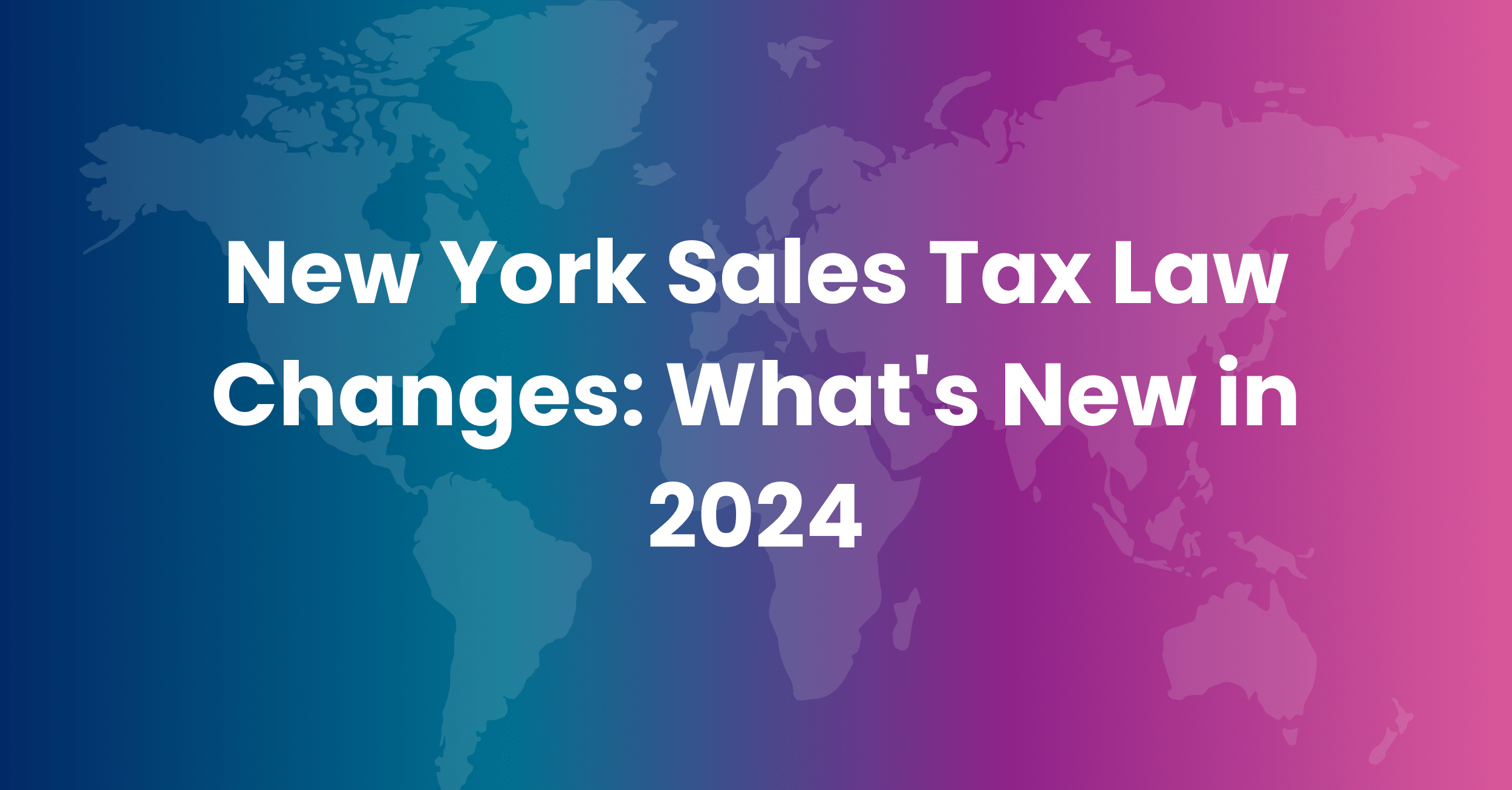Managing your sales tax nexus across state lines is a difficult enough task on its own. So when you have to start keeping your head when it comes to which exemption requests to accept, it’s easy to understand why you can hear a distant grumble and groan from sales departments when resale certificates are mentioned.
As with most (all) things regarding sales tax, dealing with resale certificates is not a straightforward process. It leaves many businesses under the assumption that they’re exempt and therefore not exposed when it’s not always the case.
What are resale certificates and why do you need them?
Resale certificates (also called sales tax certificates, reseller permits, or sales tax exemption certificates) are state-issued documents that exempt buyers from paying sales tax when purchasing products from vendors, retailers, or wholesalers.
The primary purpose of this exemption is to limit the payment of sales tax to the final user, which is why retailers and resellers don’t have to pay sales tax on items they will resell or the components that will form part of the final product they sell.
However, there are exempt final users, such as non-profit organizations, who can apply for sales tax exemption. Organizations with 501(c)(3) status can also apply for tax exemption certificates, which remits the requirements of sales taxes.
But as with anything related to taxes, proof is the key. Companies need to be able to produce these certificates whenever they request exemption. Without them, both the buyer and seller can suffer the consequences of non-compliance when an audit comes knocking.
Who needs access to resale certificates?
Sales tax exemption is a two-way street. While the onus of acquiring the certificate remains with the purchasing party that wishes to be exempted, the seller has an equally important responsibility to obtain and verify the validity of resale certificates.
The journey starts with the buyer requesting a remittance of sales tax. Businesses such resellers, retailers, and tax-exempt businesses (such as nonprofit organizations) can apply for a resale certificate in the same state where they hold a sales tax permit. Thereafter, a copy of the certificate needs to be supplied for each purchase where tax exemption is applied for.
And it’s that last step that is so vital.
Businesses that sell their goods to exempt buyers need to be able to provide evidence that their exclusion of sales tax was valid. If a vendor is unable to prove why they did not charge sales tax, the liability of sales tax will still rest with the seller.
In a market that crosses state lines every day thanks to technology, it’s also important to remember that the following states do not accept out-of-state certificates:
If your business is registered in one of these states, you will only be able to offer sales tax exemption to organizations in your own jurisdiction. If you have unknowingly granted exemption to out-of-state clients, the onus of sales tax payment will rest with you as the seller even if you do have a valid sales tax certificate on hand.
Can businesses refuse valid resale certificates?
It’s this risk of liability that leads to numerous sellers refusing to grant exemption. And it’s important to remember that you, as the seller, do have the right to decline exemptions. If you’re not sure of a certificate’s validity or want to avoid arbitrage, you can deny the buyer’s request for sales tax exemption.
But what if you’re showing the door to businesses that could become valuable long-term customers? There has to be a way to manage sales tax exemption better than just to run away at the sight of it.
Fortunately, there is.
Here are a few vital steps to ensuring a seamless exemption management for the customers whose journey you’re a vital part of.
Steps to excellent reseller certificate management
Every state has its own set of compliance requirements when it comes to sales tax exemption, but the most important parts can be summed up in two questions:
- Is the certificate valid and complete?
- Is the certificate being used for the right reason?
It’s the seller’s responsibility to ensure that the resale certificates are valid. This includes three steps:
- Checking whether the certificate is issued by the state in which the company is registered for sales tax
- Verifying the certificates currency and validity (most states allow you to do this online)
- Ensuring the certificate is filled out completely (business name, registration number, address, etc) and is signed.
Following the validity check, you need to perform a pseudo intention test. Which comes down to making a good faith effort to ensure that the buyer is purchasing goods that will form part of their product line and not for consumption or direct use.
It’s not an impossible task to manage. But it is something that requires care and attention with each sale where exemption requests come into play.
Managing exempt sales tax exemptions with ease thanks to Complyt
Ensuring sales tax exemption compliance is something that relies on both a bit of “good faith” and a lot of scrupulous, time-consuming sleuthing. It’s a complex journey to say the least.
Unless you have Comply to simplify the whole process.
We take all these compliance-ready steps for you, ensuring that you’re 100% audit ready by gathering, vetting, and storing the certificates from your clients on your behalf – protecting your business against exposure.
Let’s get you compliant.








